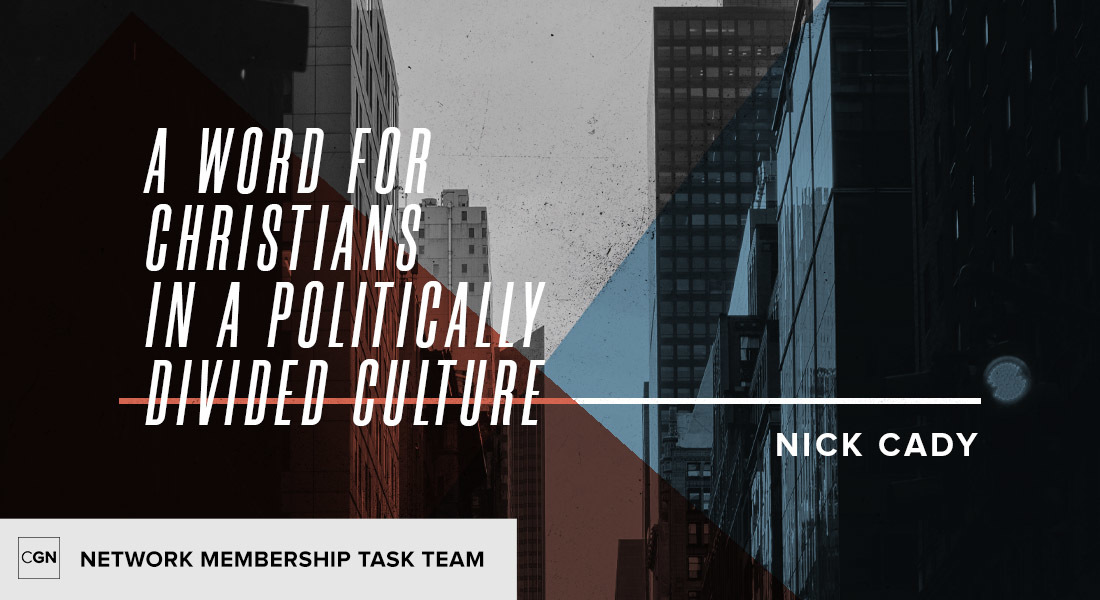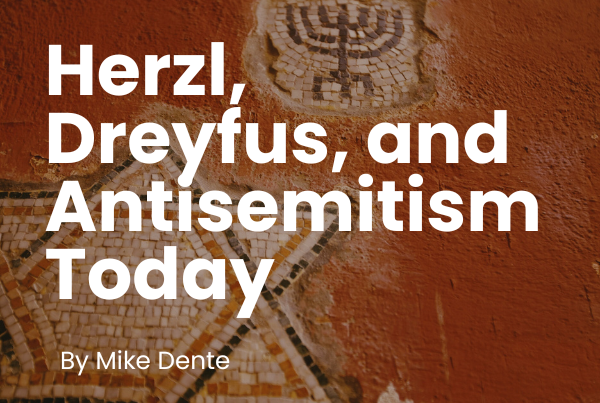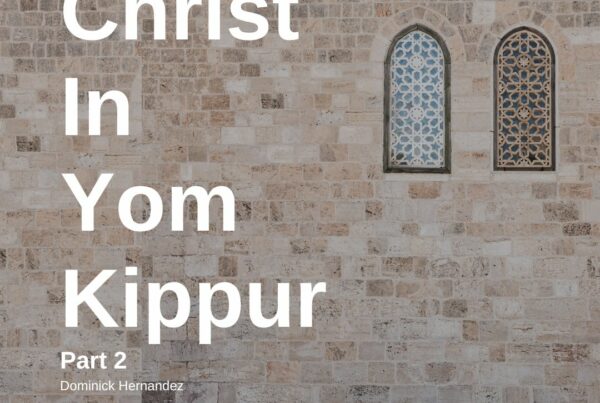
The COVID-19 crisis has been a major disruption worldwide, affecting the lives of nearly every person on the planet. Movement has been restricted; jobs have been furloughed or ended; businesses have suffered, not to mention the emotional stress it has put on the population. Almost universally, church gatherings have been limited in an effort to slow the spread of the virus and protect the vulnerable.
As the crisis has continued and stay-at-home orders have been extended, the situation has become increasingly divisive, and since the responses in different areas are determined by local authorities, it has also become political.
The discourse has also shifted from simply questioning the actions of authorities, business owners and other civilians, to questioning their motives and accusing them of everything, from indifference to malice.
Christians have not been exempt from this.
Differing views on the motives of everyone from government authorities to church leaders have led some Christians to view each other with suspicion or even contempt. In a highly politicized and media-heavy world, it is very easy for Christians to get caught up in social and political divisions to the point where a person’s views on these issues become their primary source of identity, and they begin to view those with whom they disagree with enmity.
The Apostle Paul’s words to the Ephesians are particularly important for Christians to hear and take to heart in these times:
“Therefore I, the prisoner of the Lord, implore you to walk in a manner worthy of the calling with which you have been called, with all humility and gentleness, with patience, showing tolerance for one another in love, being diligent to preserve the unity of the Spirit in the bond of peace” (Ephesians 4:1-3, NASB).
Paul later warns the Ephesians not to “give the devil any opportunity” (Ephesians 4:27, NASB). As David Guzik explains: “The devil’s work is to accuse and divide the family of God, and to sow discord among them. When we harbor anger in our heart, we do the devil’s work for him” (Enduring Word commentary, Ephesians 4).
As Christians, our identity is found not in our opinions about politics or current events, but in Jesus who gave His life for us to make us new people individually and the people of God collectively.
A powerful example of this can be seen in the example of the people Jesus called to be His closest disciples.
Disciples from Opposite Ends of the Political Spectrum
In Matthew 10:1-4, we have a list of Jesus’ 12 disciples. Two names on the list are particularly interesting: Matthew the tax collector and Simon the Zealot.
Tax collectors were Jewish people who worked with and for the occupying Roman government to collect taxes from their fellow countrymen, which not only took money away from individuals but was used to support the Roman occupation and its military. For this reason, tax collectors were seen as sell-outs and traitors by more nationalistically minded Jews, who despised them.
The Zealots were a political action group of far-right nationalists who were willing to use violence in resistance to the Roman-occupying forces. Zealots reportedly carried hooked knives under their cloaks with which they would seek to wound or assassinate Roman officials and their collaborators as they walked in public places.
Political divisions are nothing new; they existed in Jesus’ time as well. Simon the Zealot was someone who would have killed someone like Matthew the tax collector because of their differing political and social views.
However, Jesus called both these men, from opposite ends of the political spectrum, to follow Him and become His disciples. He gave their lives a new direction and a new purpose. In Jesus, they received a new identity and a new community. Apart from Jesus, these men would have been enemies, but because of Jesus, they became brothers, and they set aside their differences for a higher calling and a greater allegiance: not Rome, not Israel but the Kingdom of God.
As Christians, today in this politically divided climate, may we be those who are “diligent to preserve the unity of the Spirit in the bond of peace,” “showing tolerance for one another in love,” as we have been called together in one body and given a new identity and purpose in Christ.









